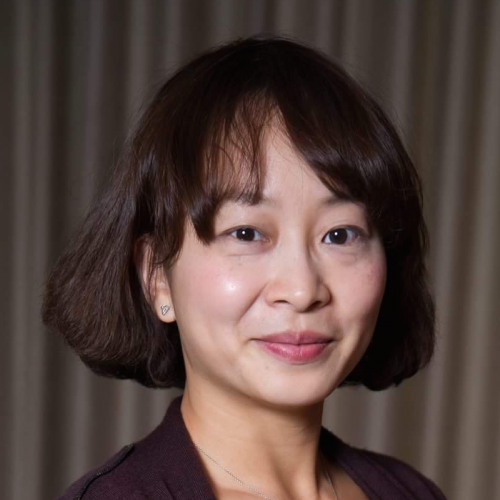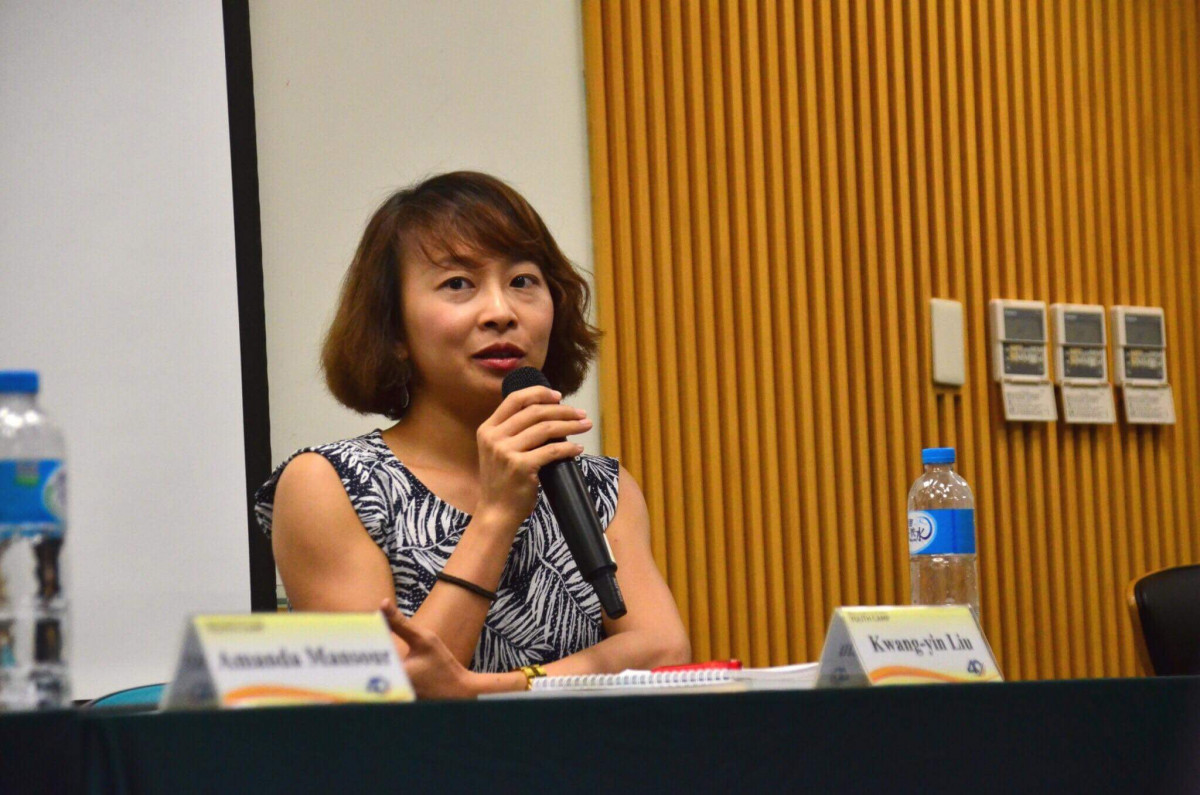Three questions to: Kwangyin Liu, CLEW Ambassador for Taiwan and East Asia
Kwangyin, what is the most important energy topic or debate in Taiwan right now?
Achieving energy security and decarbonisation at the same time.
Being an island of scant natural resources, Taiwan imports over 97% of the energy it consumes. More than 80% of Taiwan’s electricity comes from GHG-emitting thermal generation, with natural gas and coal on equal footing. Even though the government rolled out an ambitious energy transition target in 2018 of increasing the capacity of renewables four-fold within 7 years, there is no clear pathway to achieve that. Furthermore, with the general public highly sensitive to energy price increases, the government’s hands are tied in providing incentives for investment in renewables.
For an export-oriented economy like Taiwan, it would be detrimental to ignore the global demand for products with lower carbon footprints. For Taiwan, the goal of achieving energy security rapidly while striving to lower emissions means extreme juggling among not so many options. There really is no quick fix.
How do you view your role as CLEW Ambassador?
I would like to be a mini version of CLEW for whoever is interested in Taiwan’s energy transition stories. CLEW has proven to be an invaluable source for Energiewende information, which was extremely important for my stories. I would very much like to play a similar role for other journalists.
What is your advice for local journalists just starting to cover the energy transition – and what guidance would you give an international journalist doing an energy transition story on Taiwan?
For a local journalist, I know how easy it is to be forced to choose sides. I urge you not to. The aim of energy transition journalism should be to inform the public of what is really going on in the outside world and serve to communicate different ideas without siding with either end on the spectrum of beliefs. This is the reason we are journalists, not activists.
For international colleagues, don’t just hear one side of the story. As is true in probably all places, for every energy transition story there are always at least two sides. Hear them all and then make your judgment. Those who are most vocal may not convey the most representative view. And bear in mind that energy transition is a niche topic in Taiwan: the only energy story most people care about has to do with prices.
If you are an international journalist doing a story that involves research on energy transition and climate policy in Taiwan, you can reach out to Kwangyin as a first contact point. Beyond that, our other CLEW Journalism Network members in Taiwan might be able to help you out, or be interested in collaborating on an energy transition story with you.
If you are a Taiwan-based journalist with an idea for a project on-the-ground, Kwangyin is there to connect you with us at CLEW for support. Should you be looking for expertise in other countries – have a look at the CLEW Journalism Network map!



